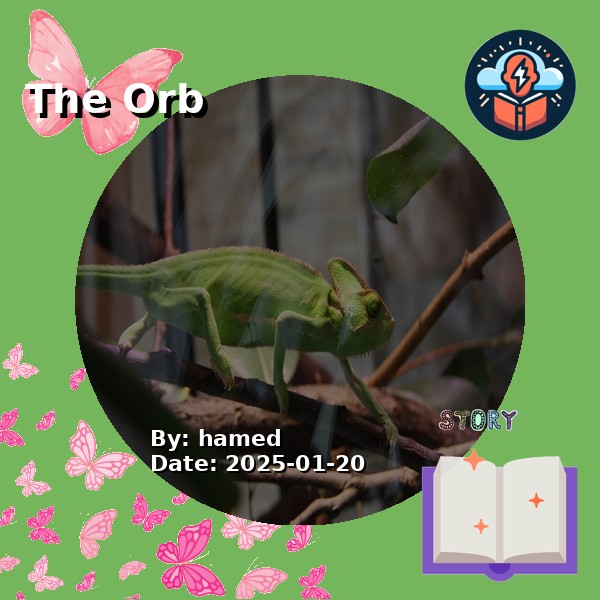The vast emptiness of space was peppered with glinting shards, remnants of humanity's ambitions: fractured satellites, discarded boosters, the flotsam of decades of exploration. For Rhea, a space debris cleanup specialist, it was just another day in the orbital scrapyard.
Her ship’s claw arm maneuvered deftly, snagging a defunct communications satellite spinning lazily through the void. She guided it toward the collection pod, her movements precise, mechanical. She was on the final sweep of her shift when her radar pinged.
“Uncatalogued object detected,” the AI chirped.
Rhea frowned. “Show me.”
The screen displayed a faint blip in a decaying orbit over the Atlantic. She adjusted course, curiosity piqued. Objects that weren’t logged were rare—space agencies tracked nearly everything up here.
As her ship approached, she caught sight of it through the viewport: a smooth, obsidian sphere, perfectly round and glinting with an unnatural sheen. It was unlike anything she’d ever seen, its surface seemingly absorbing the light around it.
“Material analysis?” Rhea asked.
“Unable to identify,” the AI replied. “No known composition matches database records.”
Rhea frowned. The object pulsed faintly, almost imperceptibly, as if alive. Against her better judgment, she deployed the claw arm, gripping the orb delicately. The moment it made contact, the ship’s instruments went haywire.
“Warning: gravitational anomaly detected.”
Rhea barely had time to react before the ship lurched. Outside, the stars seemed to stretch and twist, as though space itself was bending around the orb.
“What the hell is this thing?” she muttered, scrambling to stabilize the ship.
The AI’s voice was strained, distorted. “Unusual energy emissions linked to terrestrial weather disruptions.”
Rhea froze. “What disruptions?”
A hologram of Earth appeared on her console, overlaid with data. Cyclones swirled in erratic patterns, heatwaves scorched the northern hemisphere, and unprecedented storms lashed coastlines. It wasn’t natural—it was as if the planet was caught in the throes of chaos.
And all of it seemed to center on the orb.
Rhea’s mind raced. This wasn’t debris. It wasn’t human. But if it was causing the havoc on Earth, she had to do something.
She hesitated, hand hovering over the release lever. Destroying it could backfire—it was alien technology, maybe even alive. But leaving it in orbit felt equally reckless.
Before she could decide, the orb pulsed again, brighter this time. A low hum filled the ship, and for a moment, she thought she heard something—a whisper, faint but distinct, in a language she couldn’t understand.
Then, just as suddenly, the orb slipped from the claw arm, drifting into space. It pulsed one last time before vanishing in a flash of light, leaving only silence in its wake.
The instruments stabilized. Earth’s weather patterns began to calm, the data shifting back to normal. But Rhea knew what she’d seen, what she’d felt.
Whatever the orb was, it had come to do something—to warn, to test, to fix. She stared out at the void, her hands trembling on the controls.
Earth was safe, for now. But she couldn’t shake the feeling that the orb hadn’t left for good.
